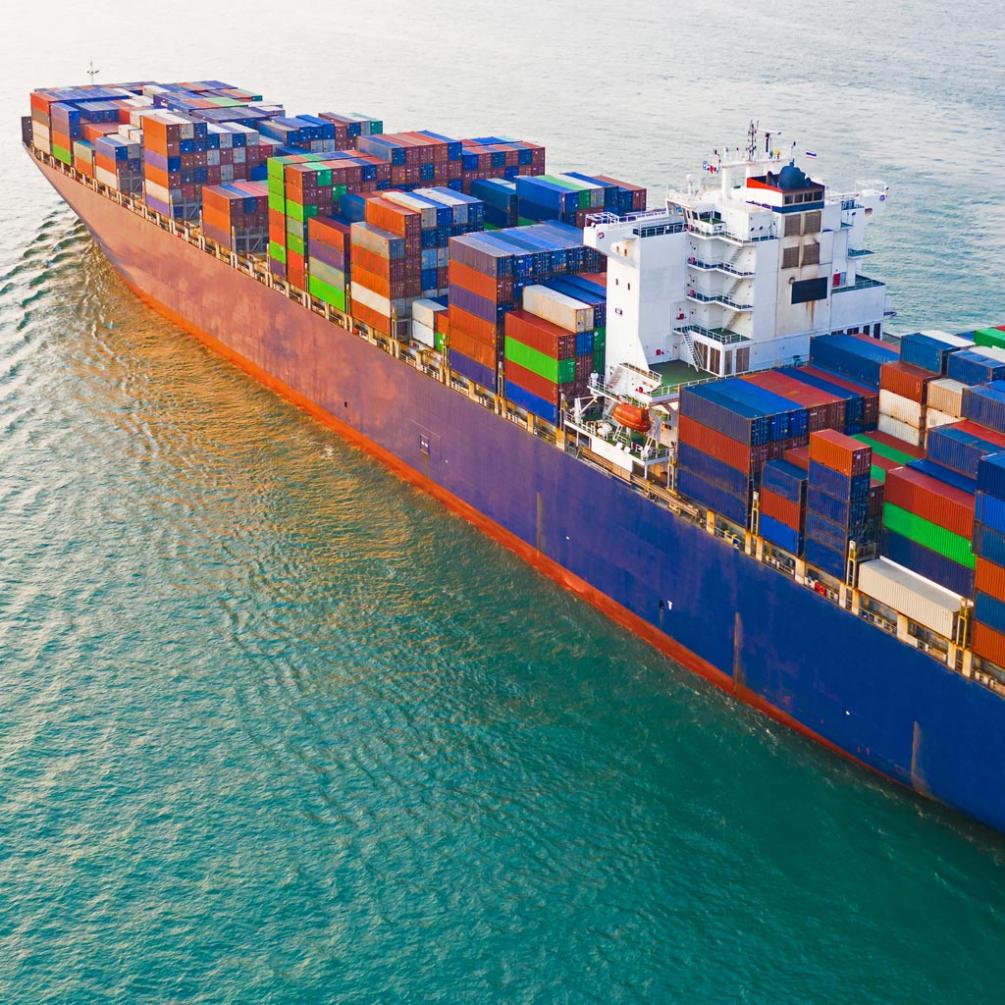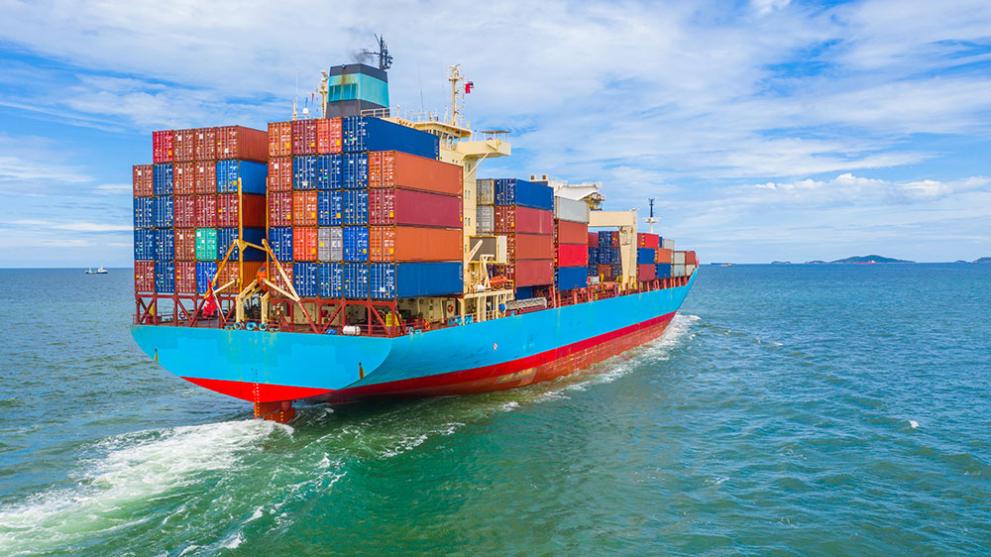What Types of Cargo are Covered Under Marine Insurance?
Marine insurance is a specialized form of insurance that protects cargo and vessels against loss or damage during maritime transportation. Understanding the types of cargo covered under marine insurance is crucial for businesses and individuals involved in international trade.

Importance Of Understanding Covered Cargo Types
Knowing the types of cargo covered under marine insurance helps businesses and individuals make informed decisions about their insurance coverage. It enables them to:
- Identify the appropriate insurance policy for their specific cargo.
- Ensure that their cargo is adequately protected against potential risks.
- Avoid disputes and complications in the event of a claim.
Types Of Cargo Covered Under Marine Insurance
Marine insurance policies typically cover a wide range of cargo types, including:General Cargo
General cargo refers to non-bulk, packaged goods that are commonly transported in containers or on pallets. Examples include consumer goods, electronics, machinery, and household items.
Considerations for Insuring General Cargo:
- The value of the cargo.
- The type of packaging used.
- The shipping route and potential risks.
Bulk Cargo

Bulk cargo refers to unpackaged commodities that are transported in large quantities, such as grain, coal, oil, and minerals. These cargoes are typically loaded directly into the ship's hold or specialized vessels designed for bulk transportation.
Considerations for Insuring Bulk Cargo:
- The type of bulk cargo and its inherent risks.
- The condition and suitability of the vessel for transporting the cargo.
- The loading and unloading procedures.
Perishable Cargo
Perishable cargo refers to goods that have a limited shelf life and require special handling and temperature control during transportation. Examples include fruits, vegetables, meat, and dairy products.
Considerations for Insuring Perishable Cargo:
- The type of perishable cargo and its specific requirements.
- The duration of the voyage and the expected temperature conditions.
- The availability of refrigerated containers or specialized vessels.
Hazardous Cargo
Hazardous cargo refers to substances or materials that pose a risk to human health, the environment, or the vessel itself. Examples include chemicals, explosives, radioactive materials, and flammable liquids.
Considerations for Insuring Hazardous Cargo:
- The type of hazardous cargo and its classification.
- The packaging and labeling requirements.
- The safety precautions and regulations for handling and transporting hazardous cargo.
Special Types Of Cargo
In addition to the above categories, marine insurance policies may also cover specialized cargo types, such as:
- Artwork and antiques
- Livestock
- Vehicles
- Heavy machinery
Factors Affecting Coverage
The coverage provided by marine insurance policies can be influenced by several factors, including:
- Type of Vessel: The type of vessel used for transportation can impact the coverage provided.
- Shipping Route: The route taken by the vessel can also affect the coverage, as certain routes may pose higher risks.
- Packaging and Labeling: Proper packaging and labeling of cargo can help reduce the risk of damage and may influence the coverage provided.
- Value of Cargo: The value of the cargo is a key factor in determining the amount of coverage required.
- Duration of Coverage: The duration of the coverage period can vary depending on the policy and the specific needs of the insured.
Exclusions From Coverage
Marine insurance policies typically exclude certain types of losses or damages, including:
- Inherent Vice: Losses or damages caused by the inherent nature or defects of the cargo itself.
- Acts of War and Terrorism: Losses or damages resulting from acts of war, terrorism, or civil unrest.
- Strikes and Labor Disputes: Losses or damages caused by strikes, lockouts, or labor disputes.
- Natural Disasters: Losses or damages caused by natural disasters such as hurricanes, earthquakes, or floods.
Importance Of Choosing The Right Marine Insurance Policy
Choosing the right marine insurance policy is crucial for businesses and individuals involved in international trade. Factors to consider when selecting a policy include:
- The type of cargo being shipped.
- The shipping route and potential risks.
- The value of the cargo.
- The duration of coverage required.
- The exclusions and limitations of the policy.
Consulting With An Insurance Broker Or Agent
Consulting with an experienced insurance broker or agent can provide valuable insights and guidance in selecting the appropriate marine insurance policy. They can help businesses and individuals understand the coverage options, assess risks, and tailor a policy that meets their specific needs.
YesNo

Leave a Reply